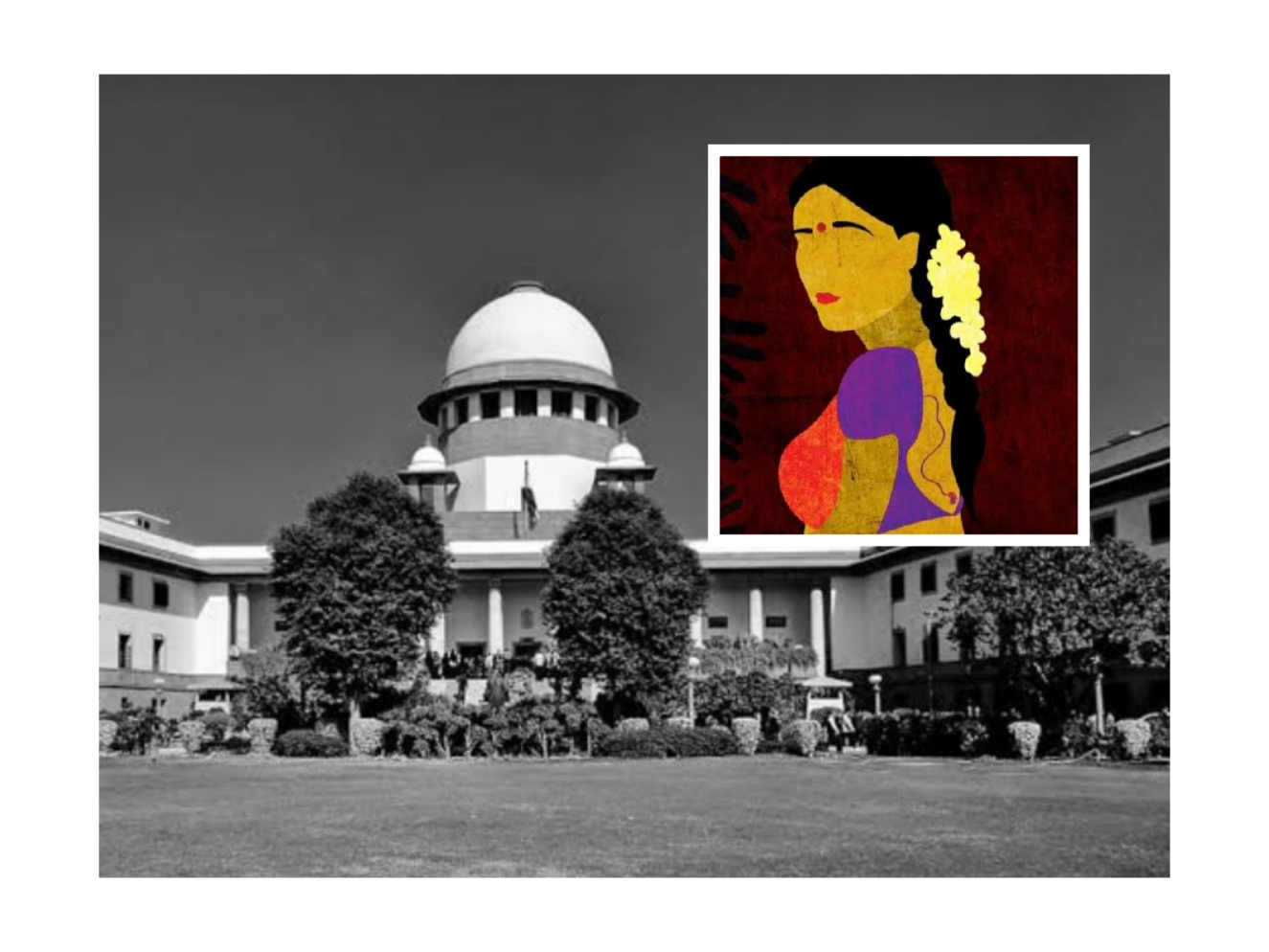New Delhi: The Supreme Court, in a significant order, told the police that they should neither interfere nor take criminal action against consenting sex workers. It said prostitution is a profession and sex workers are entitled to dignity and equal protection under the law.
A three-judge Bench headed by Justice L Nageswara Rao issued six directions for safeguarding the rights of sex workers. The Bench said, “Sex workers are entitled to equal protection of the law. Criminal law must apply equally in all cases on the basis of age and consent. When it is clear that the sex worker is an adult and is participating with consent, the police must refrain from interfering or taking any criminal action. It need not be gainsaid that notwithstanding the profession, every individual in this country has the right to a dignified life under Article 21 of the Constitution.”
The bench also ordered that sex workers should not be arrested, penalised, harassed, or victimised in raids on brothels since voluntary sex work is not illegal and only running the brothel is unlawful.
The child of a sex worker should not be separated from the mother merely on the ground that she is in the sex trade, the court held. “Basic protection of human decency and dignity extends to sex workers and their children,” the court noted.
Further, if a minor is found living in a brothel or with sex workers, it should not be presumed that the child was trafficked.
The court also ordered the police to not discriminate against sex workers who lodge a complaint, especially if the offence committed against them is of sexual nature. Sex workers who are victims of sexual assault should be provided with every facility, including immediate medico-legal care.
“It has been noticed that the attitude of the police to sex workers is often brutal and violent. It is as if they are a class whose rights are not recognised,” the court said, calling for sensitisation.
The court said the media should take “utmost care to not reveal the identities of sex workers, during arrest, raid and rescue operations, whether as victims or accused and not publish or telecast any photo that would result in disclosure of such identities”.
The bench also made it clear that the use of condoms should not be construed by the police as evidence of offence by sex workers. The court also suggested that sex workers who are rescued and produced before a magistrate be sent to correctional homes for no less than two-three years.
“In the interim, the sex workers could be kept in these homes and if the magistrate decides that the sex worker had consented, they could be let out,” the order stated.
Justice Rao was of the firm opinion that the concerned authorities cannot force sex workers to stay in correction/shelter homes against their will.
The court has asked the Centre to give its response to these recommendations on the next date of hearing, July 27.


